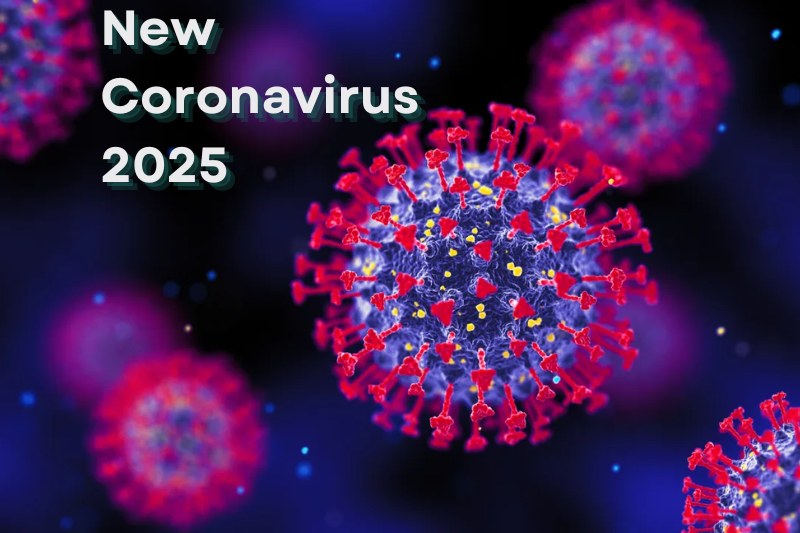
New Coronavirus 2025: Scientists Discover a Potential Threat
A new bat coronavirus has been discovered. Scientists are closely monitoring it. This virus, named HKU5-CoV-2, has the ability to infect human cells. Could it pose a new pandemic risk? Here’s everything you need to know.
Researchers have identified HKU5-CoV-2 in bats. This new coronavirus 2025 is similar to SARS-CoV-2, the virus responsible for COVID-19. Early studies show it can enter human cells through the ACE2 receptor. However, its ability to spread is still unclear.
The virus was detected in bats in China. Scientists from the Wuhan Institute of Virology and other research centers are studying its behavior. Like many coronaviruses, it may have originated in wildlife before potentially jumping to humans.
So far, lab tests confirm that HKU5-CoV-2 can infect human cells. However, its efficiency is much lower than SARS-CoV-2. This means the risk of transmission may be limited. Still, experts warn that viruses can mutate and adapt. That’s why early detection is crucial.
There are some key differences between this new coronavirus 2025 and COVID-19:
HKU5-CoV-2 is currently found only in bats.
Its ability to spread among humans is not yet confirmed.
It binds to human cells but at a much lower rate.
Scientists are still studying its symptoms and effects.
Experts say there is no immediate cause for alarm. But monitoring is essential. The World Health Organization (WHO) and the Centers for Disease Control and Prevention (CDC) are keeping track of developments.
The world has learned valuable lessons from the COVID-19 pandemic. Rapid response, testing, and vaccinations helped control the virus. If HKU5-CoV-2 shows signs of human transmission, early intervention will be key.
Researchers are conducting:
Genetic analysis to understand mutations.
Lab experiments to test its ability to infect human cells.
Surveillance programs to track possible spread in animals.
What Can You Do?
While there is no confirmed risk yet, staying informed is always a good idea. Follow updates from reputable sources like WHO, CDC, and scientific journals. Good hygiene and responsible travel habits also help reduce virus spread.
Final Thoughts
The discovery of the new coronavirus 2025 is a reminder of ongoing virus evolution. While it is not a confirmed threat yet, experts are staying alert. More research will reveal whether this virus poses a real danger. Until then, awareness and preparedness remain our best defense.